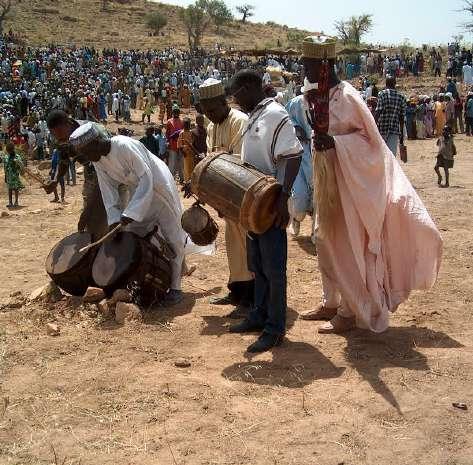
2 minute read
CVI Africa, COP27 and World Heritage Africa Mentorship
Climate Resilience
Phase 1 introduced the trainees to the national and international legislative framework, as well as the historical context related to the inventory of heritage properties, and the different inventory systems.
Advertisement
Mario Santana Quintero taught the following:
• Graphic, terrestrial and aerial photographic architectural documentation techniques using cameras and a Remotely Piloted Aircraft System (RPAS or drone);
• manual survey techniques such as sketching;
• taking of geographical coordinates of sites using Global Navigation Satellite Systems (GNSS), such as GPS.
During phase 2, the 29 trainees produced 10 inventory sheets on Congolese heritage sites from the 20th century architecture of the colonial era, such as the Sacré-Coeur Church, the High Court, or the Noki 2 Elementary School of Central Kongo
Thanks to the workshop, participants will be able to assist the CCN (National Advisory Committee for the Protection of Cultural Property in the Event of Armed Conflict of the DRC) in undertaking the national inventory, and in defining conservation and management strategies to preserve the cultural heritage of the DRC.
World Heritage
• UNESCO, together with AWHF, ICCROM, ICOMOS and IUCN launched the Mentorship Programme for African World Heritage Professionals on 16 February 2022.
From 12 - 14 December 2022, a sub-regional celebration to mark the 50th anniversary of the 1972 World Heritage Convention was held in the United Republic of Tanzania. ICOMOS attended the event through Mariana Correia (ICOMOS World Heritage Advisor and Mentor of the mentorship programme), who addressed the role of Advisory Bodies regional offices in Africa to empower African World Heritage Professionals.
• From 18-23 April 2022, ICOMOS organised “Strengthening Capacities of World Heritage Professionals in Africa”, a workshop taking place in Maloti-Drakensberg Park (South Africa). 20 participants from 13 African countries attended to learn more about World Heritage processes, including the evaluation of nominations and monitoring of state of conservation of African World Heritage properties.
• The World Heritage Centre organised two online workshops in June and July 2022 with ICOMOS and IUCN to elaborate a Tentative List of Djibouti, addressing themes of the World Heritage Convention and discussing the steps necessary for the development of future solid nominations.
• In 2021, the CVI Africa project was launched in collaboration with the CHN, UK and African partners – its findings confirm that African cultural heritage is already at risk from climate hazards. In June 2022, the project was completed, having successfully applied the Climate Vulnerability Index method at two World Heritage Properties in Tanzania (Ruins of Kilwa Kisiwani and ruins of Songo Mnara) and Nigeria (Sukur Cultural Landscape). Both sites are vulnerable to increased precipitation, changes in weather patterns and rising sea levels – but show considerable adaptive capacity.
The CVI-Africa project had many outcomes, including the development of additional tools to undertake vulnerability assessments around the world and the installation of weather measuring equipment at the Sukur Cultural Landscape (awaiting funding to be completed).

• The CHN participated in the Africa Regional Resilience Hub for COP27 which took place from 19-22 September 2022, and promoted the CVI Africa project experiences and challenges related to heritage management and the resilience of indigenous and local communities.
• On the occasion of the COP27 in Sharm el Sheikh (Egypt) from 6-18 November 2022, ICOMOS reiterated its commitment to the protection of African heritage sites from the impacts of climate change, citing the “Future of our Pasts” report, the “Triennial Scientific Plan for 2021-2024 and the CVI-Africa Project. The CHN and ICOMOS also covered the travel arrangements of African cultural heritage specialists at the COP27 African Heritage Voices session.









